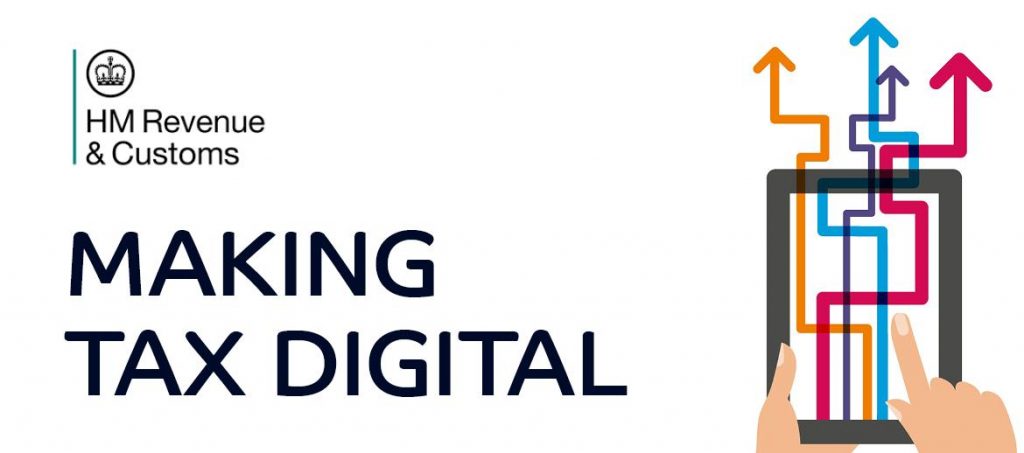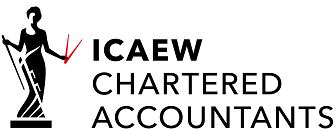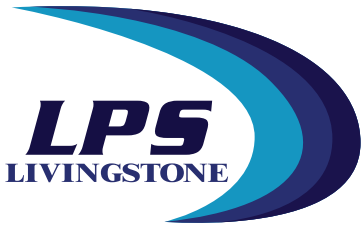
Making Tax Digital (MTD) is the term given to a forthcoming fundamental change in the way the UK tax system is operated and administered by HM Revenue & Customs (“HMRC”).
MTD will be implemented in stages over the next few years with the ultimate intention that all taxpayers’ records are digitized.
STAGE 1
The first step of MTD takes effect in April 2019:
- From April 2019 almost all VAT registered businesses unless it falls under a mandatory deferral (companies, partnerships, LLP’s, unincorporated businesses, sole traders, and charities ) with turnover above the VAT threshold of £85,000 will be required to maintain digital records and will need to send their VAT information to HMRC using commercially available software. HMRC’s online portal will then not be available for VAT registered businesses to use for their returns.
Under MTD (VAT), the VAT return information will be sent to HMRC from your software and you will have the option of sending all underlying data for sales, purchases and payments; we do not see many clients will wish to take this option!
Deferral
A mandatory deferral for digital submission for businesses falling into one of the below categories will now apply until 1 October 2019:
- ‘not for profit’ organisations that are not set up as a company;
- VAT divisions;
- VAT groups;
- public sector entities required to provide additional information on their VAT return (Government departments, NHS Trusts);
- local authorities;
- public corporations;
- traders based overseas;
- those required to make payments on account; and
- annual accounting scheme users.
STAGE 2 MTD
Stage 2 relates to accounting and tax returns for business and individuals.
HMRC expect the second stage of MTD will be effective from April 2020; this date follows a postponement from the original target date in 2019 and may move back depending on the success of MTD for VAT.
Accordingly, there remains considerable uncertainty over certain aspects of implementation but, we do know that it will become law.
FAQs
Am I affected?
All VAT registered businesses (companies, partnerships, LLP’s, unincorporated businesses, sole traders, and charities ) with turnover above the VAT threshold of £85,000 will be required to maintain digital records and will need to send their VAT information to HMRC using commercially available software unless it falls under A mandatory deferral.
What does this mean for VAT registered businesses?
There are three key digital components;
- Digital records
Businesses may not necessarily will have to store each invoice and receipt digitally but the transaction data will need to be stored digitally.
- Digital links
VAT returns must have digital links to digital records. Digital links will be mandatory from April 2020.
- Digital submission
At present, most businesses submit their VAT returns through manually re-keying into HMRC’s online portal. This will no longer be permitted once Making Tax Digital comes into force and instead businesses will need to send their VAT information to HMRC using commercially available software. HMRC’s online portal will then not be available for VAT registered businesses to use for their returns. There are some software providers providing “bridging” software as a relatively inexpensive alternative solution for businesses that rely on spreadsheet accounting.
Can I still use spreadsheets?
Yes! “Bridging” software can be used to submit the VAT return by linking the spreadsheet
Which Software to use?
At present HMRC will not provide software for MTD (VAT). They expect existing commercially available software to be enhanced and updated to synchronise with the HMRC digital platform.
Software providers such as Sage, Xero, and QuickBooks are reported to be compatible. Check with your software provider if the one you use is MTD compatible
How Can LPS Livingstone help?
We have teamed up with various major Cloud software companies to provide our clients with the best possible fully compliant accounts package.
Please feel free to get in touch via phone email or our quick contact form. We offer initial free consultations simply get in touch to find out more.

